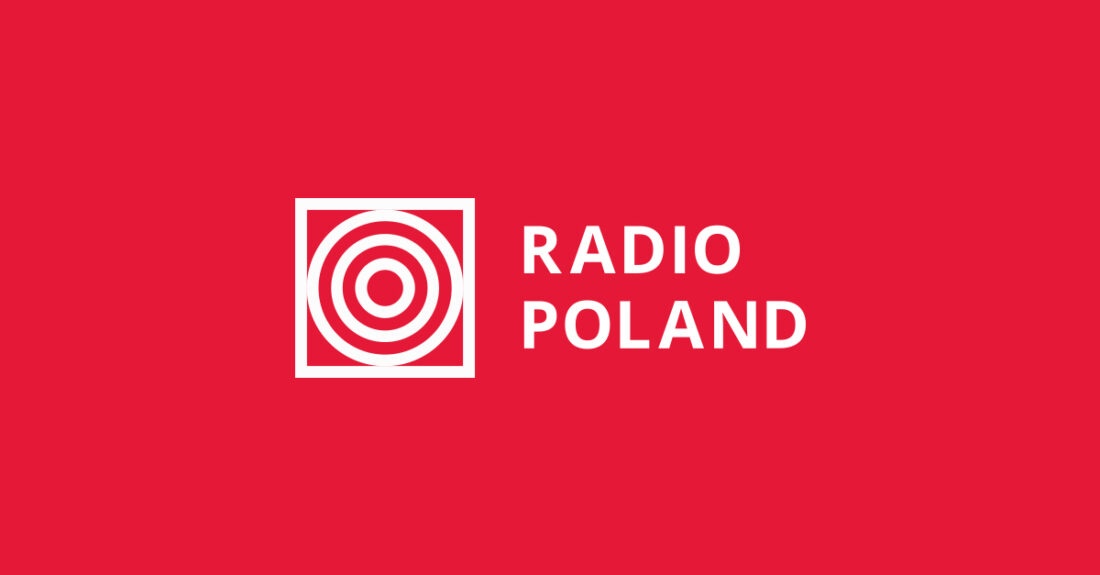Every third egg in Poland comes from non-cage farming now, study says

According to the Monday-published 2023 edition of the annual study by the Otwarte Klatki („Open Cages”) Association and the Albert Schweitzer Foundation – growing social awareness forces the companies to increasingly refrain from selling and using eggs from cage-farmed hens – commonly known as the „threes”.

Paweł Rawicki, Otwarte Klatki Association CEOAgencja Informacyjna Newseria
The survey shows that almost 75% of Poles have a negative opinion about cage farming. A similar percentage believes that companies should publicly report on their progress in phasing out the cage-farming produced eggs.
By the end of 2023, 161 companies operating in Poland (including all the largest supermarket chains) have committed to phase out cage-farmed eggs – and over 39% of them have already implemented their commitments – the study says. The latter group includes, among others, the fast-food chains like KFC, Burger King, McDonald’s and MAX Premium Burgers – and the retail chains like Biedronka, Kaufland, Netto, Makro, Żabka or Frisco.pl. Also, all leading mayonnaise producers present on the Polish market have issued a declaration of withdrawal from using the „threes” in their products.
– „Retail chains in the food industry are changing their approach to cage-farming eggs. Years ago, there was a lot of indifference and the general misunderstanding of this topic. Now we see that food companies and retail chains are much more willing to withdraw cage-farming eggs from sale and use” – emphasized Paweł Rawicki, Otwarte Klatki Association CEO, in a Monday-published Newseria agency interview.
A recently published report in question shows that Polish consumers attach great importance to the farming method through which the eggs were produced. 68.5% of respondents stated that the farming method was „crucial” for their decisions when purchasing eggs – while over 62% declared that they accept paying a higher price for eggs or egg products if the hens had better living conditions.
Meanwhile, the study results reveal that 74.4% of Poles declared their negative opinion on the cage farming of poultry, believing that it does not provide appropriate living conditions for the laying hens – and 65% would like a complete ban of poultry cage-farming. Almost 70% have also positively evaluated the actions of companies, deciding to give up using or selling cage-farmed eggs.
– „These results are much better than a few years ago. Change may be happening slowly, but it definitely is happening as we speak. Shops, retail chains and food companies are reducing the use of cage-farmed eggs year by year. Not only are they eager to introduce these changes – but they are more and more willing to boast about the changes they are introducing in the field of animal protection” – Paweł Rawicki continued.
The report suggests that a greater consumer awareness and related companies’ decisions have a real impact on the structure of egg-farming methods in Poland. Although hens kept in cages still predominate (37.7 million in 2023), the share of alternative breeding systems is gradually growing. The number of Poland’s bio-farmed laying hens (producing eggs known as the „zeros”) grew by 538% in 2023, compared to the previous year. Meanwhile, the country’s number of free-range hens (producing „ones”) grew by 272% year-to-year, and the number of litter-system hens (producing „twos”) increased by 184%.
(mm)
Source: Agencja Informacyjna Newseria




